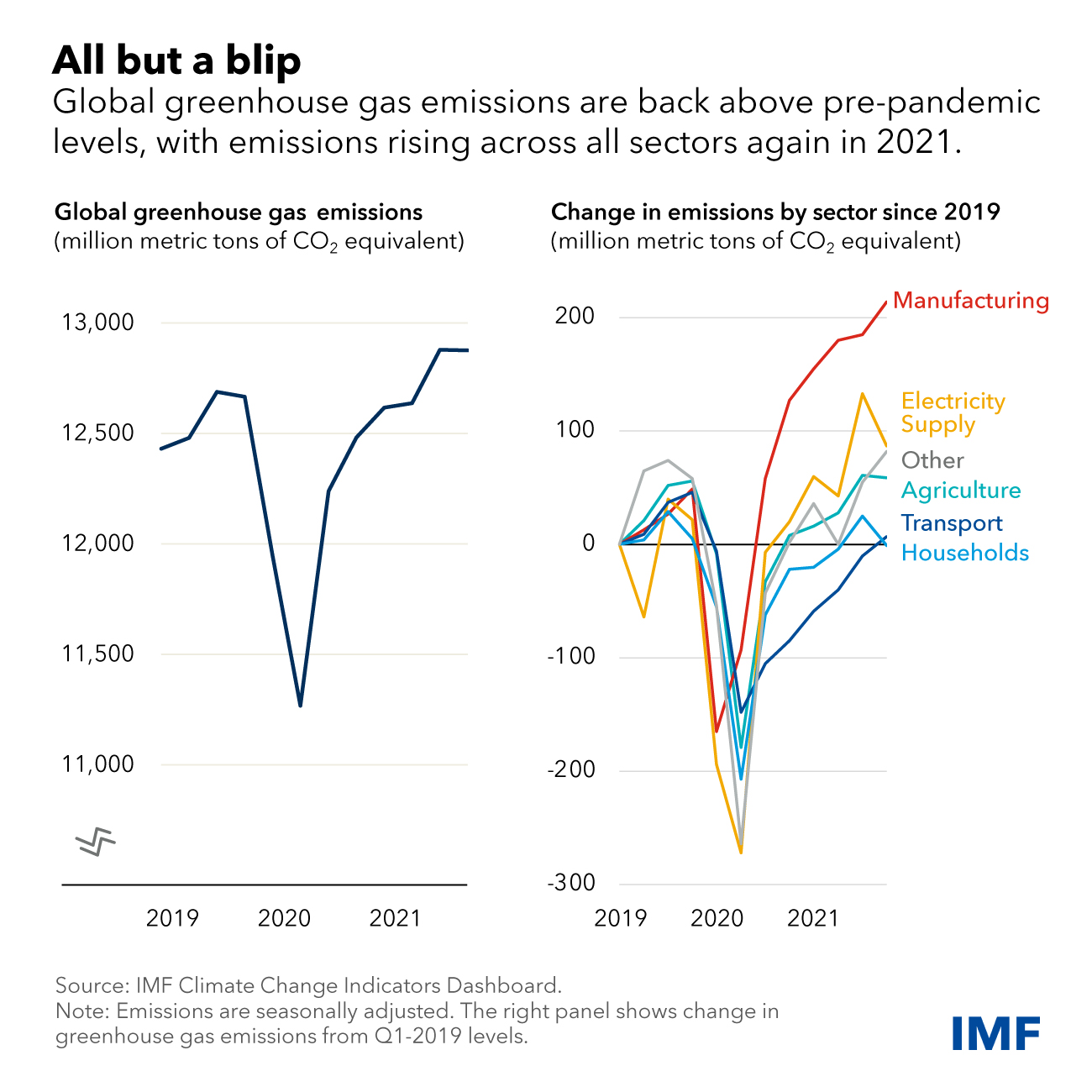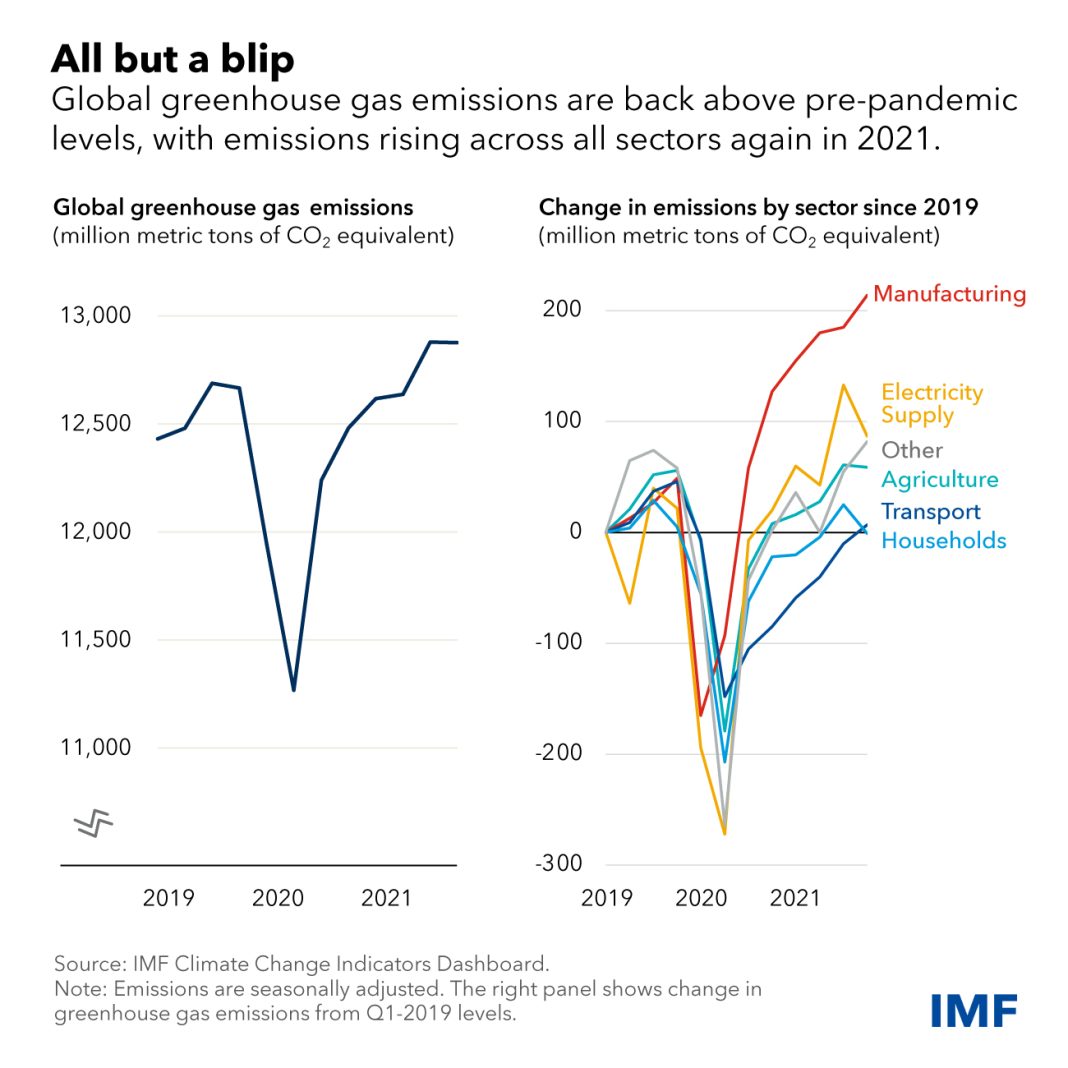 GM Settles with Federal Government Over Greenhouse Gas Emissions Violations
GM Settles with Federal Government Over Greenhouse Gas Emissions Violations
General Motors (GM) has reached a settlement with the U.S. Environmental Protection Agency (EPA) regarding allegations that millions of GM vehicles were emitting higher levels of carbon dioxide than the company had claimed. As part of the settlement, GM has agreed to forfeit approximately 50 million metric tons of greenhouse gas credits.
The EPA’s investigation found that 5.9 million GM vehicles from the 2012–18 model years, currently in use, were in violation of emissions standards. Under Obama-era rules, automakers are required to conduct periodic emissions tests on in-use vehicles. The EPA also performs its own checks.
Tests conducted by the EPA revealed that a significant number of GM’s full-size pickups, SUVs, and midsize SUVs were emitting more carbon dioxide than initially reported. Specifically, around 4.6 million full-size pickups and SUVs, as well as 1.3 million midsize SUVs, emitted an average of over 10 percent more carbon dioxide than stated in GM’s compliance reports.
EPA administrator Michael Regan emphasized the importance of the agency’s in-use emissions-monitoring program in combating climate change. He stated that the investigation has held GM accountable and upheld an essential program aimed at reducing air pollution and protecting communities.
In response to the settlement, a GM spokesperson stated that the company believes it complied with all relevant laws and regulations. The spokesperson also highlighted GM’s commitment to reducing auto emissions and achieving the Administration’s fleet electrification goals.
The greenhouse gas emissions standards in question were implemented during the Obama administration to address climate change. These standards span two sets of rule-making: one for model years 2012–16 and another for model years 2017–25. Building on these rules, the Biden administration has formulated more stringent greenhouse gas emission standards for model years 2027–32.
However, the new standards have faced legal challenges, including lawsuits from over 30 industry bodies. Critics argue that the updated rules will effectively ban most new gas cars and traditional hybrids from the U.S. market within a decade.
The GM spokesperson clarified that as part of the settlement with the EPA, the company recalculated its carbon credit balance and retired excess greenhouse gas credits. GM purchases carbon credits, a compliance mechanism permitted under regulations, to offset excess emissions. This practice is common in the industry, and companies like Tesla generate significant revenue from selling carbon credits to other automakers.
In a separate development, GM has also agreed to a monetary fine and the retirement of some gas mileage credits to resolve fuel-efficiency compliance issues with the National Highway Traffic Safety Administration.
GM’s settlement with the federal government highlights the importance of adhering to emissions standards and the ongoing efforts to combat climate change. It also raises questions about the feasibility and impact of more stringent greenhouse gas emission standards on the automotive industry.


